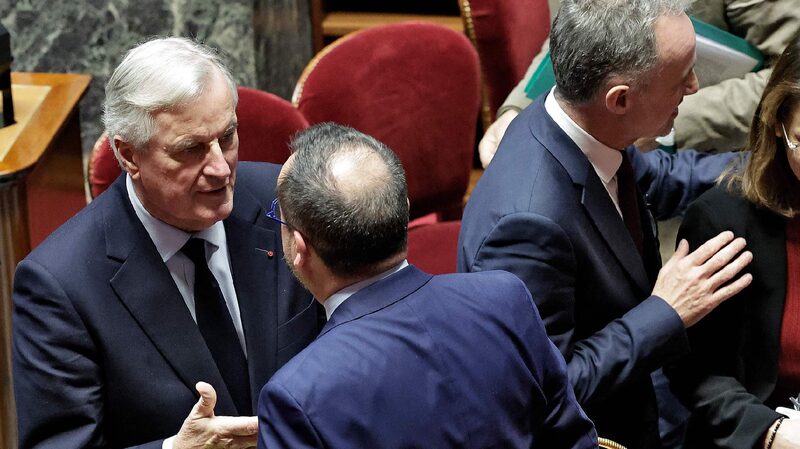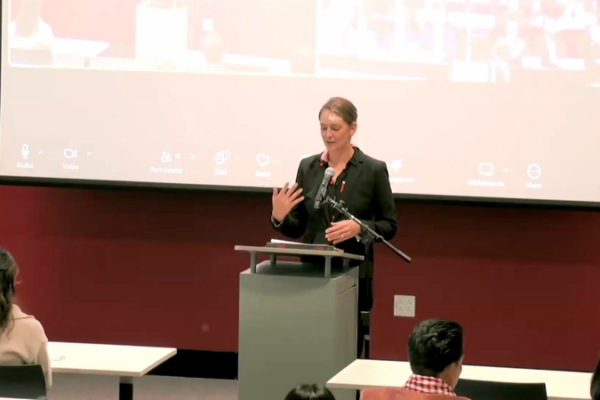Paris, France — France is facing a unprecedented political crisis as far-right and left-wing parties unite to submit no-confidence motions against Prime Minister Michel Barnier. This move threatens to topple the government, making it the first to be ousted by such a vote since 1962.
Marine Le Pen, leader of the far-right National Rally (RN), announced the motion on Monday, stating, “The French have had enough. Barnier has made things worse and needs to be pushed out.” The left-wing coalition, France Unbowed, echoed this sentiment, with spokesperson Mathilde Panot declaring, “We are living in political chaos because of Michel Barnier’s government and Emmanuel Macron’s presidency.”
The no-confidence vote is expected to take place on Wednesday. With both the RN and the left-wing parties combining forces, they hold enough seats to potentially bring down Barnier’s minority government, which has relied on the RN’s support for survival.
The catalyst for this political upheaval is Barnier’s attempt to pass a controversial social security bill without a parliamentary vote. Critics accuse him of bypassing democratic processes, further fueling discontent. A last-minute concession failed to win over the RN, leading to the submission of the no-confidence motions.
Prime Minister Barnier urged lawmakers to reconsider, saying, “We are at a moment of truth. The French will not forgive us for putting the interests of individuals before the future of the country.”
If the no-confidence vote succeeds, Barnier will be obliged to resign. President Emmanuel Macron may ask him to remain as a caretaker until a new prime minister is appointed, which might not occur until next year. This political void would come at a critical time for Europe, especially with Germany in election mode and global eyes on upcoming international events.
Possible options for Macron include appointing a technocratic government without a political agenda to avoid further no-confidence votes. However, no new parliamentary elections can be held before July, prolonging the period of uncertainty.
The looming deadline for the national budget adds another layer of complexity. If not passed by December 20, the government may resort to constitutional powers to enact it by ordinance. Such a move could spark legal challenges and intensify opposition protests.
As France stands on the brink of governmental collapse, the coming days will be crucial in determining the nation’s political future and stability.
Reference(s):
French government faces collapse as no-confidence motions submitted
cgtn.com








